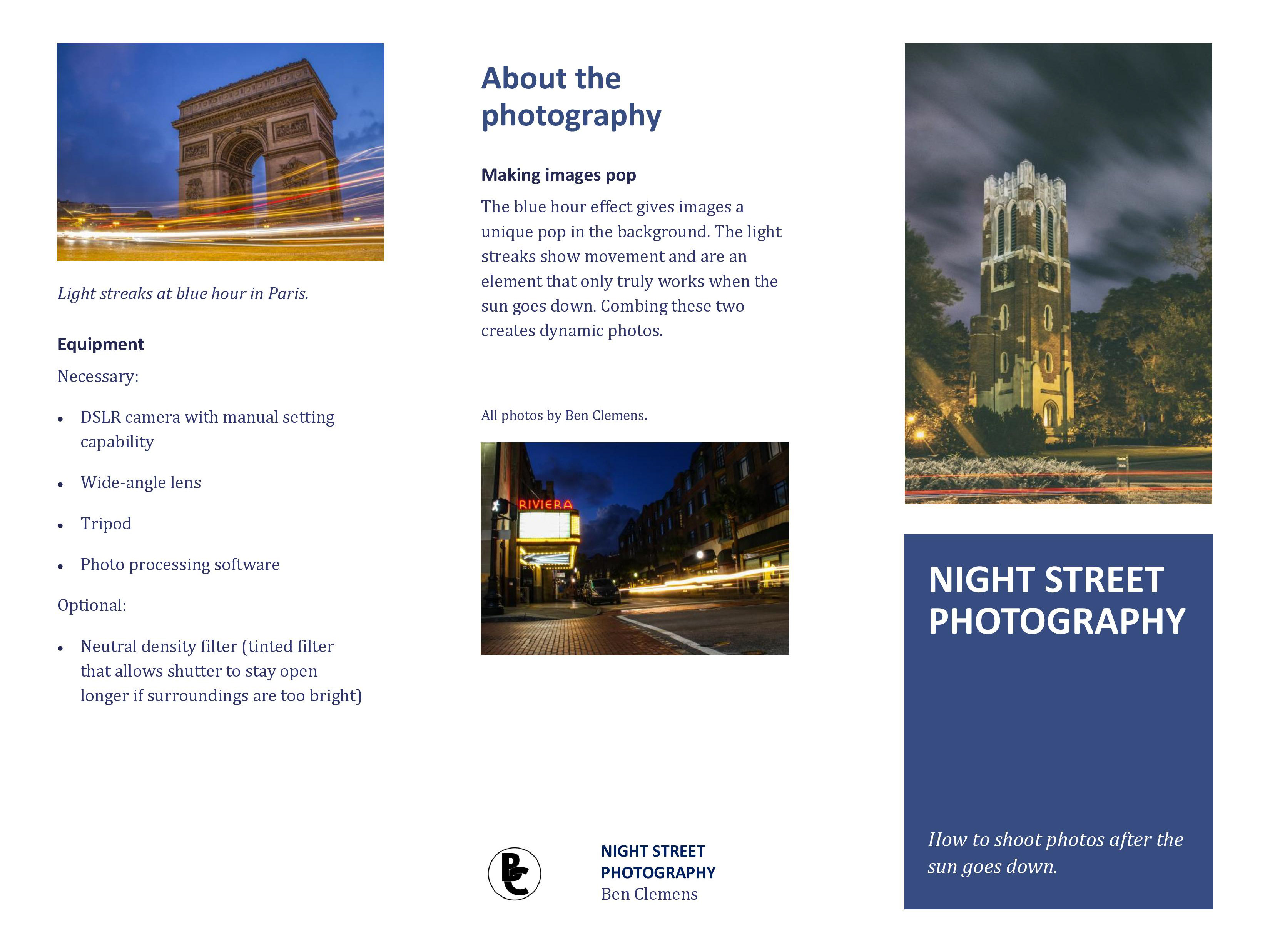FOR IMMEDIATE RELEASE
Sept. 21, 2018
Contact: Dr. Megan M. Hosey, mhosey@jhu.edu, 410-614-4030
Animal-assisted therapy helps ICU patients to cope
Study finds therapy animals are more beneficial to patients by creating a ‘humanized’ ICU environment
BALTIMORE –– Johns Hopkins School of Medicine researchers announced therapy animals can be more beneficial to ICU patients with anxiety as opposed to traditional methods.
“Our research suggests a model for the use of non-medicinal options to reduce suffering and promote recovery for patients in a more natural ICU environment,” said Megan M. Hosey, assistant professor of Physical Medicine and Rehabilitation and the lead researcher.
By using support animals in these environments, the study showed patients’ moods improved and their loneliness decreased, while promoting motivation to rehabilitation and medical care. The animals involved help reduce psychological stress, help reduce the need for anxiety medication and slow down the patient’s heart rate.
“Calming and anxiety-related medications given to manage patient symptoms are associated with confusion and worse physical and mental health outcomes,” said Hosey. “By creating patient-friendly care centers and implementing non-medicinal treatments, patients no longer have to wait to be released from the hospital to resume regular living.”
In one area, researchers found through anecdotal evidence a dog sitting in a patient’s lap did more to ease suffering and build motivation in ways traditional medication may not.
In another instance, a patient out of surgery was able to be distracted from their pain and find relaxation while being with a golden retriever.
“As critical care medicine is increasingly successful in preventing death, the field is more focused on optimizing patients’ survivorship experience.”
For more information about animal-assisted therapy, visit hopkinsmedicine.org/animal-assisted-therapy or contact us by phone: 410-614-4030.
# # #









